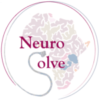Students

Pendo Faustine Magili is a social scientist working as a research officer at the National Institute for Medical Research – Tanga. She holds a Master of Public Health from Muhimbili University of Health and Allied Sciences (MUHAS). She has been working on a number of research in the areas of Epilepsy, malaria, Antimicrobial resistance and Leprosy. Also, she has been a resource person in qualitative research.
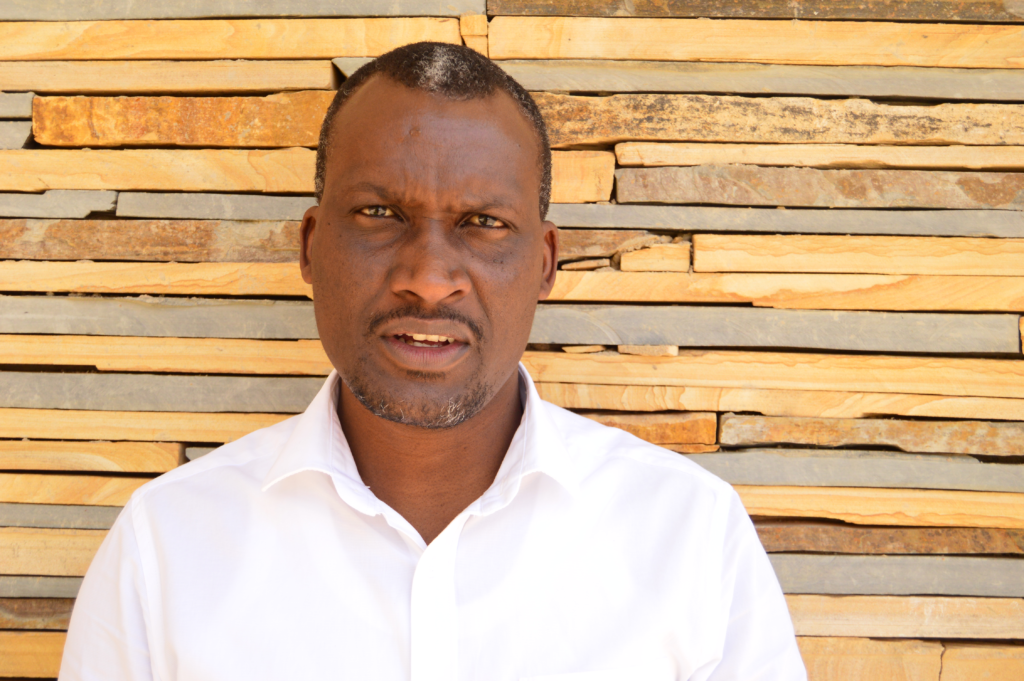
Dr Marco Missanga is a Research Scientist employed by National Institute for medical research (NIMR). He has an MMED degree in Internal Medicine with most of his experience focusing on Management and Research under Infectious and Neglected Diseases. He is a PhD candidate at the NeuroSolve Project with the main role implementing the activities and evaluating treatment outcome among trial participants. He is also looking on the role of Cimetidine in the treatment of patients with Neurocysticercosis.
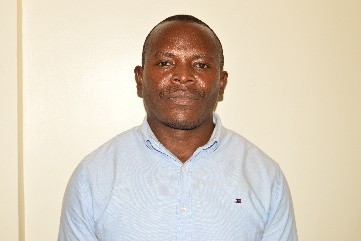
Fredy Mlowe is a Veterinarian with a Master’s Degree in Epidemiology. He is currently a PhD student under NeuroSolve Project. He is advancing his research interest on Taenia solium infections, a neglected tropical disease in sub Saharan countries including Tanzania. His research work is focusing on addressing the translation challenges and strategies for health education and serological test adoption by relevant government institutions to facilitate routine health education delivery and serological screening test for the control of T. solium infections in Tanzania.
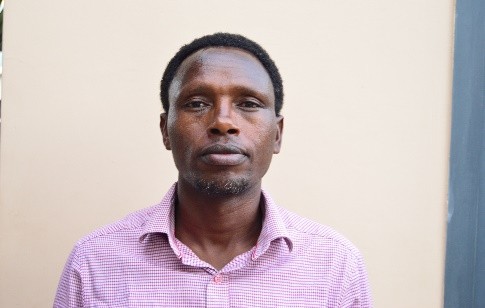
Antony Nyerere is a PhD candidate focusing on “Development and Evaluation of a Household-Driven Strategy for Controlling Taenia solium Infections in Humans and Pigs in Tanzania.” With a Master’s degree in Agricultural and Applied Economics, he possesses a strong foundation in analytical and research skills. Antony’s experience includes serving as a Program Manager within the CYSTINET-Africa consortium, where he excelled in coordinating multifaceted projects. His adaptability and willingness to take on new challenges were evident in his role as a Project Logistics Coordinator for the NeuroSolve Project. Antony’s expertise in impact evaluation, project management, and strategic planning was honed during his tenure as a Technical Service Coordinator in the USAID Kizazi Kipya project. His ability to work effectively within cross-functional project teams underscores his strong interpersonal and leadership skills.

Dr Mashina Chomba is a Consultant Neurologist and Faculty member in the department of Internal Medicine at the University Teaching Hospital in Lusaka, Zambia and is one of Zambia’s first locally trained neurologists. He is a passionate researcher and teacher with special interest in Neurocysticercosis and multiple sclerosis. Dr Chomba is a graduate of the University of Zambia School of Medicine where he attained his medical degree and later his Master of Medicine degree in Neurology. He then completed a 1-year Neuroinfectious Disease Clinical Research Fellowship at Columbia University Irving Medical centre in New York, USA. He also completed an NIH Fogarty Global Health Fellowship investigating the epidemiology of Neurocysticercosis in Zambia in 2023. His main hope is to contribute significantly to the understanding of the epidemiology of neurological disease in Zambia and Sub-Saharan Africa; and to help formulate innovations that will improve the care of neurology patients in the region.

Dr Melai Mubanga is a Lecturer at Eden University in Lusaka, Zambia in the Department of Environmental Health in the School of Medicine and Health Sciences. She is a passionate researcher with special interest in Public health, implementation science, One-health approach in solving public health threats and Zoonosis. Dr Mubanga is a graduate of the University of Zambia, School of Veterinary Medicine where she attained her Bachelor’s degree in Veterinary Medicine and later her Master of One Health Analytical Epidemiology. She is also trained in Project management from the University of Zambia. By fostering recognition of zoonotic diseases, she hopes communities can better understand the underlying dynamics and develop and implement effective prevention, control, and mitigation strategies for improving their health.
Richard Mambo is a PhD student under the NeuroSolve Project focusing on “Identifying the barriers and facilitators in the implementation of One Health interventions/strategies at household level towards the control of the pork tapeworm in affected communities in Zambia.” Richard has a Master of Science in Public Health by Research. He currently works for the Ministry of Health at Sinda District Health Office, in the department of Public Health, as Senior Environmental Health Officer. With more than 11 years of working with the communities and participating in a number of research projects, Richard brings with him strong community engagement and mobilisation skills. Prior to joining the NeuroSolve project, he worked in Luapula Province as a Consultant for the mass Insecticide Treated bed Nets campaign under PMI Evolve Project to support the National Malaria Elimination Centre. He is a team player, embraces change and always willing to learn. Richard is passionate about research and has a thirst for knowledge.
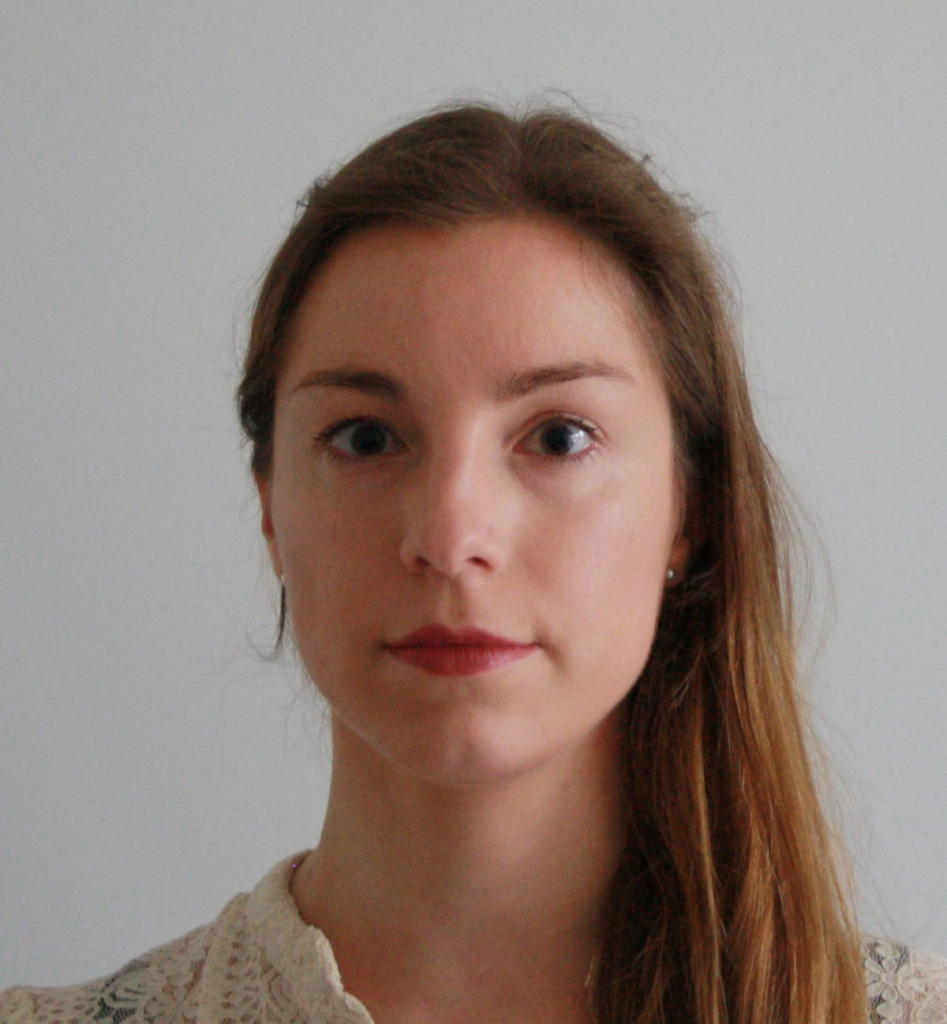
Lisa Van Acker is a PhD student at the faculty of Veterinary Medicine of Ghent University, Belgium. She holds a Master’s degree in Veterinary Medicine, and currently works under prof. Sarah Gabriël at the Laboratory of Foodborne Parasitic Zoonoses. Within the NeuroSolve project, her main research focus will be on assessing the usability of serological tests for diagnosis of neurocysticercosis. Collaboration and interaction within the project is guaranteed via regular attendance of project meetings, and field visits to Tanzania and Zambia.

Witness Munguatosha Mosha is a graduate from Sokoine University of Agriculture 2023 studied Bachelor degree in Human Nutrition (HNU) . Currently, she is the Master Student in NeuroSolve Project pursuing Master of Public Health (MPH) at University of Dar es salaam. She is excited in Public health as is rooted in a deep-seated desire to contribute to the well-being of individuals and community in the larger scale. Her research interest in this project is to fill the gaps in knowledge, attitude and practices related to proper food hygiene for prevention of Neurocysticercosis.
NeuroSolve project will be the guiding light throughout her education path, this groundbreaking initiative will empower her with invaluable resources, mentorship, access tocutting-edge research in the realm of neurology and public health. She is committed to applying the knowledge and skills that will gain through NeuroSolve project to drive positive change, whether by conducting research and collaboration with experts as her goal is to contribute to the betterment of public health worldwide.
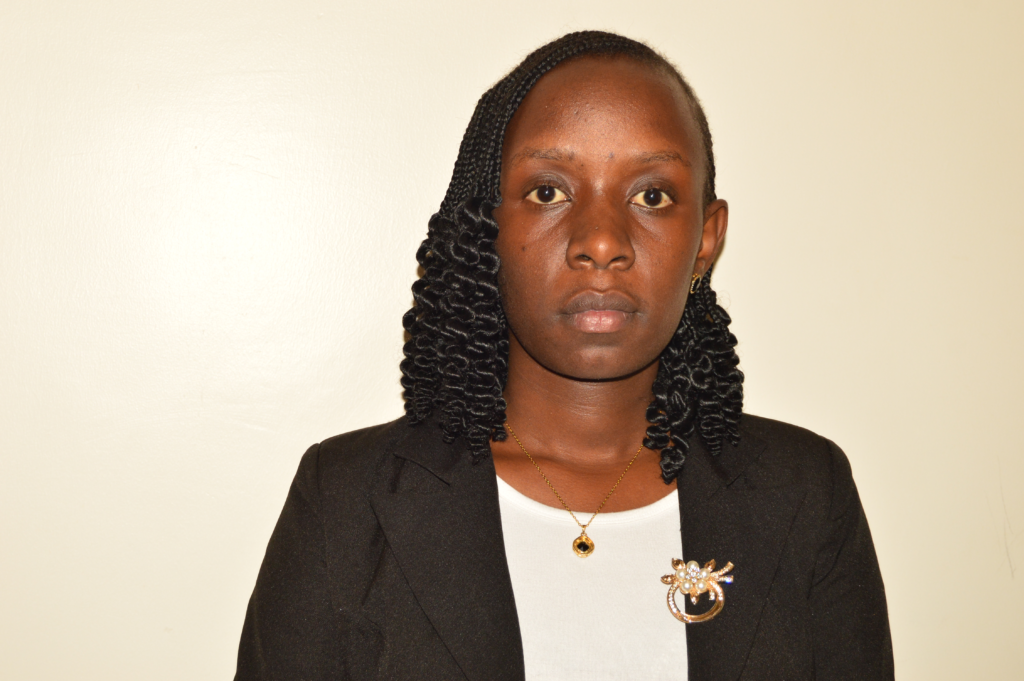
Dr. Vivian Damas Massawe is a graduated from Kilimanjaro Christian Medical University College (KCMUCO) in the year 2020. She is working as a volunteer at Mbeya zonal referral hospital in oncology unit.
In NeuroSolve project she is a student perusing Master of science in Epidemiology and Applied Biostatistics at KCMUCO, which she believes will help her to be of impact to her community and serves more people as she will conduct a research study on seizures in relations neurocysticercosis which its findings will be of great impact to community especially to the people living with epilepsy who are often stigmatized.
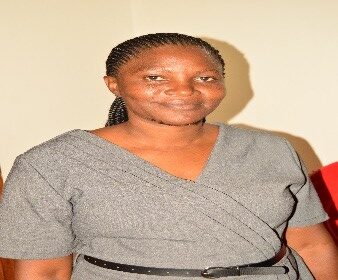
Dr Joyce Flavian Mganga is a graduate of Veterinary Medicine from Sokoine University of Agriculture 2017 (SUA, Tanzania). Current employed by Government as a Veterinary Officer.
In 2023, she joined the NeuroSolve project implemented by Sokoine University of Agriculture as MSc student in Public Health and Food safety.
Her research interest in this project is to fill the knowledge and Practice gap related to Taenia Solium infections in human and pigs in Tanzania. In her research she expects to solve public health issue related to Taenia Solium
Supervisors

Dr. Bernard J Ngowi is a lecturer and a researcher at University of Dar es Salaam, Mbeya
College of health and Allied Sciences (UDSM MCHAS) and a principal investigator
NeuroSolve UDSM MCHAS sites. He is an epidemiologist and a public health specialist with
longstanding experience in HIV/AIDS, Cysticercosis, opportunistic infections and tuberculosis
research. Dr. Ngowi has five years’ experience working as a physician in remote rural Tanzania,
having conducted epidemiological studies in HIV/AIDS, Cysticercosis, Tuberculosis and
Opportunistic infections in Tanzania. Dr Ngowi is a lecturer and a researcher at University of
Dar es Salaam., Mbeya College of health and Allied Sciences and a principal investigate in
NeuroSolve at (UDSM MCHAS). He has participated in a number of Cysticercosis research
project such as DFG funded study on Assessment of prevalence of NCC in people with seizures
within areas (urban and rural) endemic for porcine cysticercosis in selected African countries and
treatment of identified cases, EDCTP funded project on Evaluation of an antibody detecting
point-of-care test for the diagnosis of Taenia solium taeniosis and (neuro)cysticercosis in district
hospital settings of highly endemic, resource-poor areas in Tanzania, BMBF funded project on
the assessment of the patho mechanism involved in the development of active NCC among HIV
positive and negative individuals.jumping castle for sale
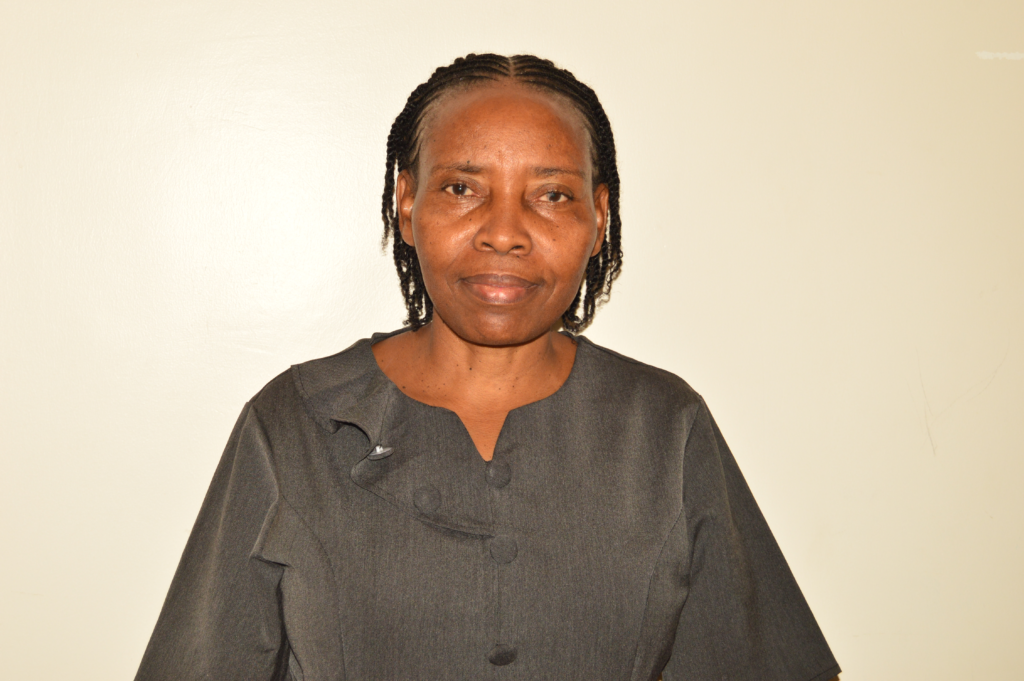
Helena Ngowi is an Associate Professor at Sokoine University of Agriculture (SUA), Tanzania, specialising in veterinary-public health, and a consultant in the health promotion approach to the control of parasitic diseases transmissible between animals and humans. She has conducted several high profile research studies on the prevalence, transmission risk factors, and control of Taenia solium (pork tapeworm) infections in Tanzania and Burkina Faso. H Ngowi has also trained in epidemiological and qualitative research and has developed different health education materials including leaflets, posters, training manuals and video programmes. In the NeuroSolve project, H Ngowi is the principal investigator for the SUA partner and leader of the capacity building work package at the consortium level.
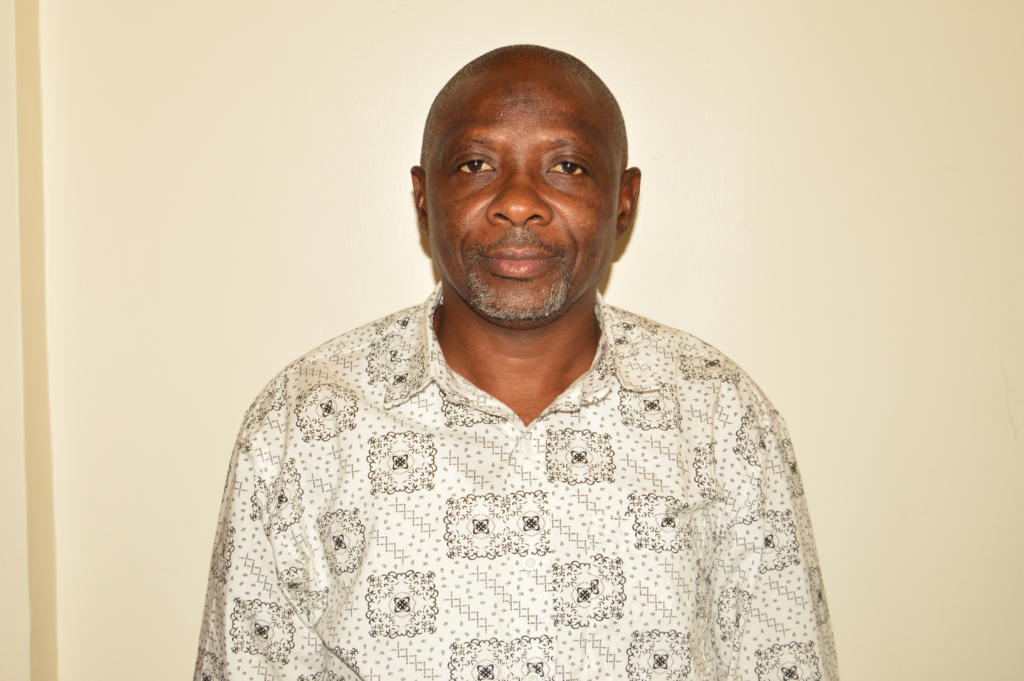
Dr. Athumani Msalale Lupindu is a veterinarian by profession and a Senior Lecture in Epidemiology at the Department of Veterinary Medicine and Public Health, College of Veterinary Medicine and Biomedical Sciences, Sokoine University of Agriculture, Morogoro, Tanzania. He holds a Bachelor of Veterinary Medicine from Sokoine University of Agriculture (Tanzania), MSc animal sciences (Quantitative Veterinary Epidemiology) from Wageningen University and Research Centre (the Netherlands) and a PhD in Epidemiology from Sokoine University of Agriculture (Tanzania). Dr Lupindu has supervised more than 35 postgraduate students in various areas of research. His areas of working interest include One-Health risk analysis, tropical animal production systems and quantitative methods in epidemiology and he has published more than 40 peer reviewed research articles and book chapters. In NeuroSolve project, Dr Lupindu is supervising a PhD student Antony Nyerere who is working under a research title “Developing and Evaluating a Household-Adapted Strategy for Preventing and Controlling Taeniasolium infections in humans and pigs in Tanzania”.
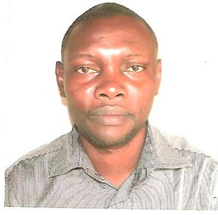
Christopher Paul Mahonge is a Research Professor enrolled in the Department of Policy, Planning and Management, College of Social Sciences and Humanities, Sokoine University of Agriculture, Tanzania. He is specialised on the role of and interactions among stakeholders including the state, non-state and community actors and formal (policies, laws, strategies, guidelines) and informal (norms, traditions, culture) institutionsin thegovernance of social-ecological systems(e.g., fisheries, livestock, forestry, crops systems and wetlands). In the NeuroSolve project Mahonge co-supervises a PhD student Mr. Antony Nyerere
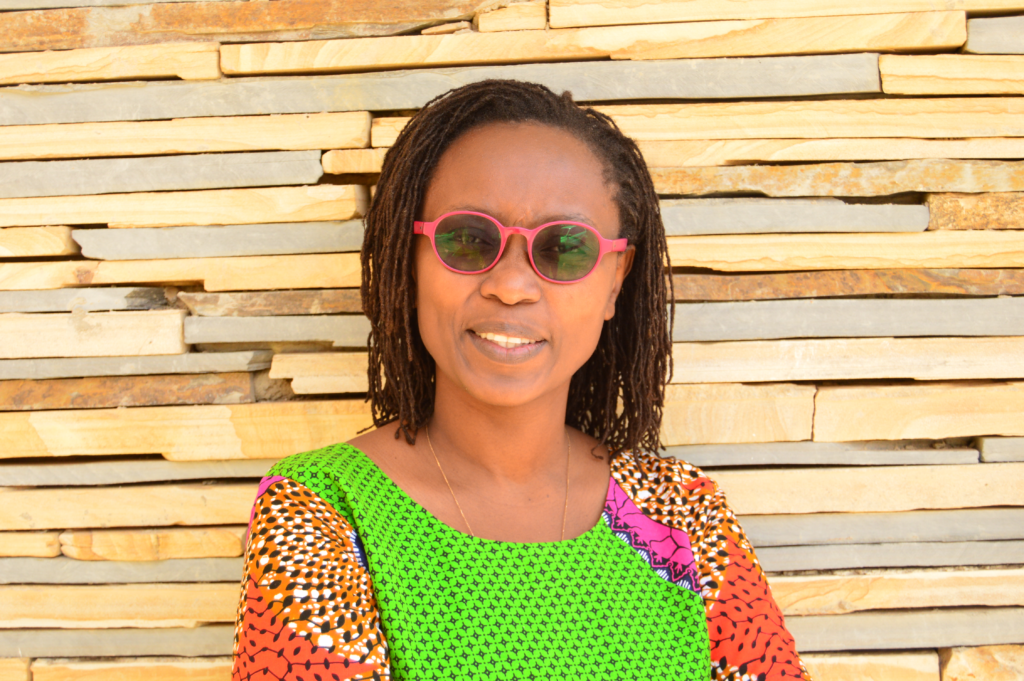
Dr Mkunde Chachage
Position: Lecturer and Researcher
Institution: University of Dar es Salaam-Mbeya College of Health and Allied Sciences
Dr Mkunde Chachage is a researcher with ambitions to generate innovative scientific approaches that particularly address African’s key health challenges and drive a positive impact to the wellbeing of disadvantaged communities. Particularly, her research focus has been on human immune responses to infectious diseases. To date, she has been involved in projects that dissect pathogenic mechanism during HIV infection and during co-infection with other pathogens including helminthes. Within NeuroSolve, she co-leads efforts to test and implement health technologies (treatment pathways and diagnostic tools) aimed at improving health outcomes of people with neurocysticercosis.
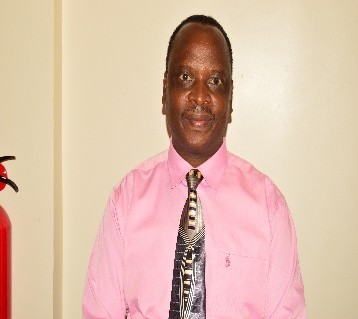
Dr. Mkupasi is a Senior Lecturer in the Department of Veterinary Medicine and Public Health at Sokoine University of Agriculture (SUA), Morogoro, Tanzania. He teaches public health and related courses at the university. He is also involved in supervision and mentoring masters and PhD students. His research interest is on control of zoonotic diseases using One Health approach. He has worked widely on Bovine tuberculosis, Brucellosis and helminth especially cestodes in Tanzania. In the NeuroSolve consortium, he is the Assistant Project Leader at SUA.
